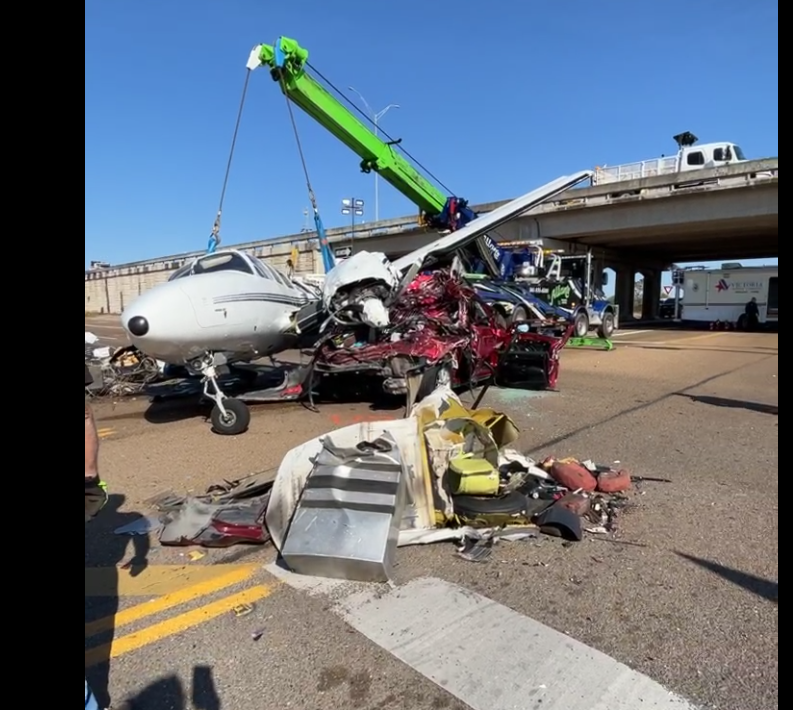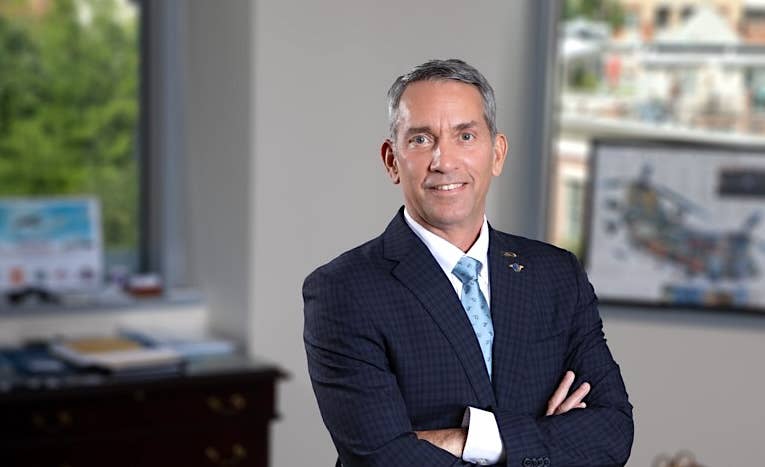Southwest Seeking Wage Concessions to Avoid Furloughs
With the closing of CARES Act subsidies on Oct. 1 and the announcement today from the White House that further negotiations for COVID-driven economic relief will be held until after…

Photo: Southwest Airlines
With the closing of CARES Act subsidies on Oct. 1 and the announcement today from the White House that further negotiations for COVID-driven economic relief will be held until after the November election, airlines are among the industries scrambling for survival. Among them is Southwest, which has never had to furlough staff but is now seeking a 10 percent pay cut to help it remain afloat. Southwest CEO Gary Kelly says that non-union employees will see this pay cut in 2021 while the airline is seeking union approval for additional cost-saving measures next year. This comes after an aggressive effort to induce early retirement and voluntary separations this year. Domestic flying is expected to recover slowly over the next year, though it is expected to fare better than international traffic, which is looking unlikely to recover substantially in 2021.
In an effort to control costs, Kelly has reduced his salary to zero after an earlier pay cut, while other members of the management team will take an immediate 10 percent pay cut. Kelly says that these concessions may not be necessary if Congress provides another round of economic support, but that seems to be a long shot as the November election looms and other issues have dominated the news cycle. American and United have announced a total of 32,000 furloughs after the CARES Act support ended a week ago, and other less financially stable airlines expected to make cuts in staff and flights, and accelerate retirement of older, less efficient aircraft.
“We had hoped the federal government would again move swiftly” to provide a second round of support, Kelly said in a video message. “But they have not. And that is disappointing. We’ve lobbied hard and have tremendous support for extending the PSP [payroll support program]. So it’s frustrating that we have yet to see legislative action. In the meantime, our country needs us to keep flying, which means we keep burning cash every day.”
You can watch the full video here.






